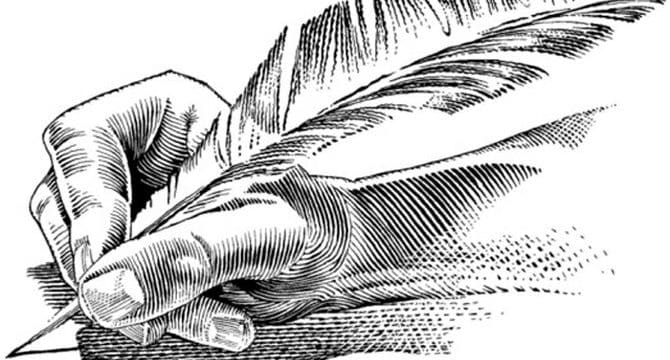
For students, the two-month summer holiday passed in the blink of an eye. The new school year has begun, and for the freshmen in primary school, secondary school, or university, walking into a completely new environment and facing unfamiliar teachers and classmates can be a nervous yet exciting experience. On the other hand, returning students get to reunite with familiar friends, explore knowledge together, and support each other.
Last Sunday, the Holy Spirit Seminary College of Theology and Philosophy also held its opening ceremony. This institution, which trains clergy, religious, and laypeople for the Catholic Church in Hong Kong, continues to evolve with the times. It has become a key institution for theological and philosophical education in the local and Chinese-speaking regions. It initially only accepted seminarians and clergy, but began admitting laypeople in 1973. This move reflected the post-Vatican II emphasis on the importance of laypeople and also promoted the popularisation of theology and the deepening of faith within the Church.
With changing times and rapid social developments, the Church has also recognised the need for diversity. In terms of nurturing talent, it must not be stuck in the past, but must become more diverse and international. For example, this year, the Holy Spirit Seminary College of Theology and Philosophy is co-organising courses with the Faculty of Theology at the Pontifical Gregorian University in Rome.
In addition to nurturing Church leaders, the Diocese of Hong Kong is also one of the largest school-sponsoring bodies in the region. In the face of global political, social, and economic developments, the content of Catholic education should also be adjusted to better align with the realities of society. This includes topics like ecological conversion, climate change, LGBTQ+ issues, justice and peace, medical ethics, and artificial intelligence.
These topics are closely related to our daily lives, and the public is eager to understand the Church’s position on them. Therefore, the core values and beliefs of Catholic education should be incorporated into the curriculum as needed, allowing teachers to lecture on them in relevant subjects, or even across disciplines.
September is also the Season of Creation, from September 1 to October 4. The late Pope Francis, along with other Church leaders, designated the period to strengthen the awareness of Christians to protect our common home through prayer and concrete action. The theme of this year’s message for the Day of Prayer for Creation is “Seeds of Peace and Hope.”
As guardians of creation, humanity bears the responsibility of caring for it. However, excessive reclamation and industrial development have brought various forms of pollution, while wars and the plundering of natural resources have caused all kinds of destruction to ecosystems. Humanity has completely forgotten the stewardship entrusted to us by God and has failed to show the face of Jesus—the one who brings peace and hope.
Let us continue to pray for creation, recognise our responsibility as guardians of the earth, and sow seeds of peace and hope in our lives. SE










